Pope and Hieronymos II: ‘Together on This Path of Brotherhood’
They Met In the Country’s Apostolic Nunciature
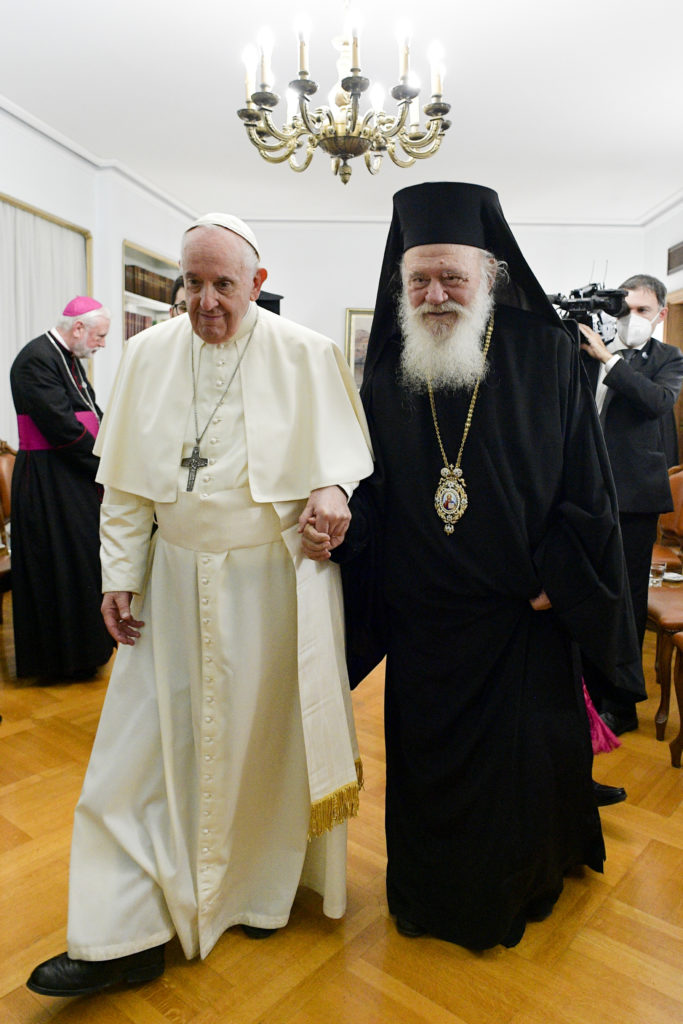
“May the Lord give us the grace to continue together on this path of brotherhood and peace,” wrote Pope Francis, addressing Hieronymos II. Yesterday December 5, 2021, after celebrating Mass in the Megaron Concert Hall, as part of the Holy Father’s program in Greece, Hieronymos II Archbishop of Athens and All Greece and Primate of Greece’s Autocephalous Orthodox Church, paid a courtesy visit to the Pontiff.
The Orthodox Archbishop and his entourage went to the Apostolic Nunciature <in Athens>, where Pope Francis has been staying during his 35th Apostolic Journey to Cyprus and the Hellenic country. This was the last event of the Successor of Peter during his second day in Greece, the fourth and penultimate of the complete trip.
Signature in the Book of Honour
The Holy See Press Office reported that His Beatitude Hieronymos II arrived at the Nunciature at 6:50 pm (5:50 pm in Rome). The meeting between the Orthodox Archbishop and the Pope, with their respective entourages, took place in the Hall and ended around 7:20 pm.
During the meeting, the Bishop of Rome and the Archbishop signed the Book of Honour. The first to sign was the Archbishop, who wrote the following: “This afternoon, December 5, 2021, feast of Saint Sabas, my entourage and I came to thank the Pontiff and Most Holy Brother of Rome, Francis, for his visit to Greece. We greeted him and wished him a good trip. May Holy God bless us.”
Then Pope Francis did the same: “With joy and peace I meet with the dear Brother Hieronymos II. I thank him for his fraternal kindness, his meekens, his patience. May the Lord give us the grace to continue together on this path of fraternity and peace. I thank His Beatitude Hieronymos II for his generosity in helping us to walk together. May the Lord bless our two Sister Churches and may God’s Holy Mother help us.”
Finally, the exchange of gifts took place. His Beatitude gave the Pontiff two volumes, one on the painful history of the Greeks of Asia Minor at the beginning of the 20th century and another on the death of the Greek revolution. Moreover, at the request of a priest, he gave the Pope an image of the Virgin with the Child Jesus.
For his part, the Holy Father gave His Beatitude the medal of the trip and the book on the Statio Orbis of March 27, 2020, published by the Libreria Editrice Vaticana.
Francis Asked for Forgiveness
Previously, on the afternoon of December 3, 2021, Pope Francis went to the Orthodox Archbishopric Palace in Athens for a courtesy visit to Hieronymos II of Greece, which would be followed by an official meeting with their respective entourages in the Throne Room.
There were no official talks during the meeting in the Nunciature, but in his address of December 3, the Bishop of Rome stressed “the apostolic roots that both Churches share and lamented that “afterward we grew apart: mortal poisons have contaminated us, the tares of suspicion increased and we ceased to cultivate communion.”
The Pontiff added that “with shame — I acknowledge it for the Catholic Church — acts and decisions that have little or nothing to do with Jesus and his Gospel, but that are based rather on thirst for gains and power, have withered communion” and “ we have let fecundity be threatened by divisions.” “History has its weight and I feel, here, today, the need to renew the supplication to God and to brother for forgiveness for the errors that so many Catholics have committed,” he admitted.
In his visit to the Hellenic country in 2001, Pope John Paul II also expressed “profound repentance” for the historical events of 1204, when the Crusaders attacked Constantinople, capital of the Byzantine Empire, turning against their brothers in the faith.
Hieronymus II
Ioannis Liapis, now Archbishop of Athens and All Greece and Primate of Greece’s Autocephalous Orthodox Church, was born in Oinofyta, Beocia, in 1938 in the heart of a family of Albanian ethnicity (Aravanita). He graduate from the Faculty of Philosophy and the Faculty of Theology of the University of Athens and has degrees in Archaeology, Byzantine Studies, and Theology. He continued his studies at the Universities of Graz (Austria), and Regensburg and Munich in Germany.
He was Assistant Professor in Athens’ Archaeological Society with famous archaeologist Anastasios Orlandos. Then he taught Literature in the Leonin Lyceum of Athens and in other schools of the capital and of Asopía. He was ordained Deacon and then priest in 1967, abandoning his academic career. He was Protosicelo (Vicar) of the diocese of Tebas and Levadeia, Aegumen (Abbot) of the Monasteries of the Transfiguration of Sagmata, and Hosios Loukas (1971-1981), Secretary and then Principal Secretary of the Holy Synod of the Church of Greece (1978-1981). In 1981 he was elected Metropolitan Bishop of Tebas and Levadeia, and, on February 7, 2008, Archbishop of Athens and All Greece, took possession of his office on February 16, 2008. During his ministry as Metropolitan Bishop of Tebas and Levadeia, he renewed and brought new religious personnel, to six monasteries and seventeen convents.
He was also responsible for numerous initiatives in the social realm. He founded boarding schools, introduced the institution of host families, opened orphanages, residences for the elderly, mental health centers, a formation center for the creative employment of special needs children, a center for the prevention of drug addiction, social soup kitchens for the poor, including immigrants, enjoying strong relations with the teaching community of Viotia. He also helped to create a Center to sensitize citizens of his native city, Oinofyta, on the problems of immigrants.
Apostolic Nunciature of Greece
The Holy See’s Apostolic Nunciature in Greece, located in the Paleo Psychicò district, is one of the 338 foreign representations in Greece and one of the 141 foreign representations in Athens It was established in the capital in 1980, after the Holy See and Greece established diplomatic relations on July 17, 1979. However, beginning in 1834, the Vatican had its own Delegate in the Hellenic nation. Since September 28, 2017, the Nuciature is headed by Salesian Bishop Savio Hon Tai-Fai.
Translation by Virginia M. Forrester
Related
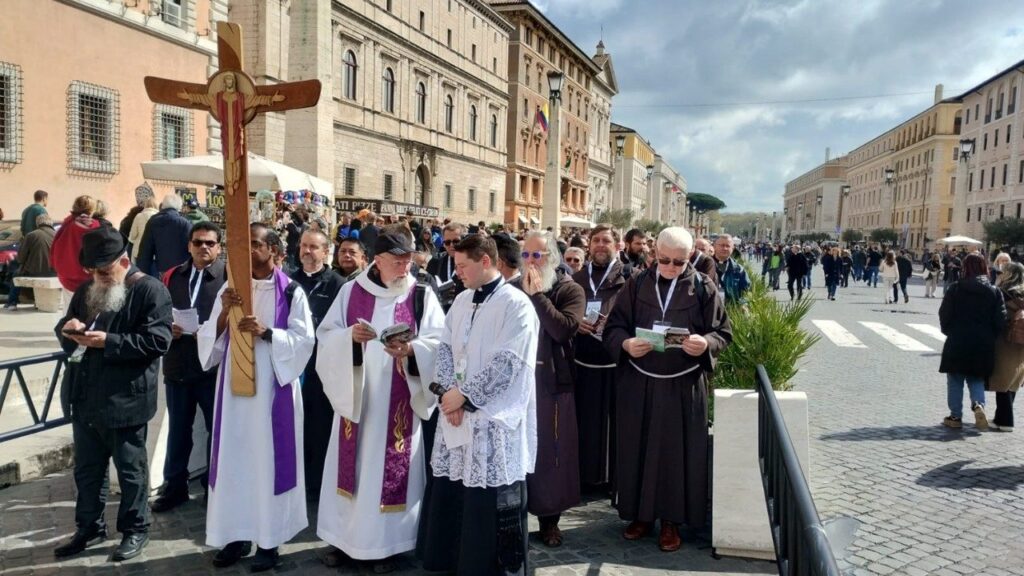
The Pope to the Missionaries of Mercy: God became man to reveal to the world that he never abandons us!
Exaudi Staff
30 March, 2025
2 min
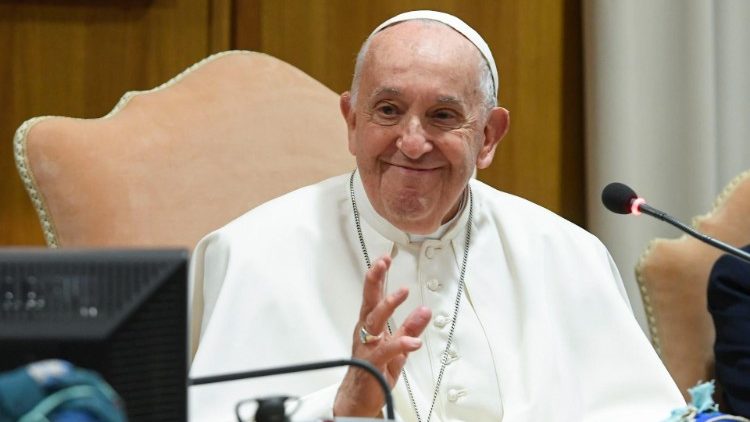
God’s Mercy and the Call to Peace in Pope Francis’ Angelus
Exaudi Staff
30 March, 2025
3 min
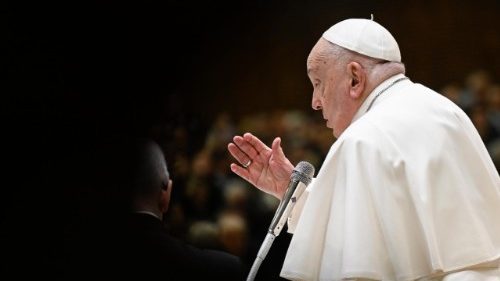
Pope Francis Improves and Prays for Myanmar Earthquake Victims
Exaudi Staff
28 March, 2025
1 min
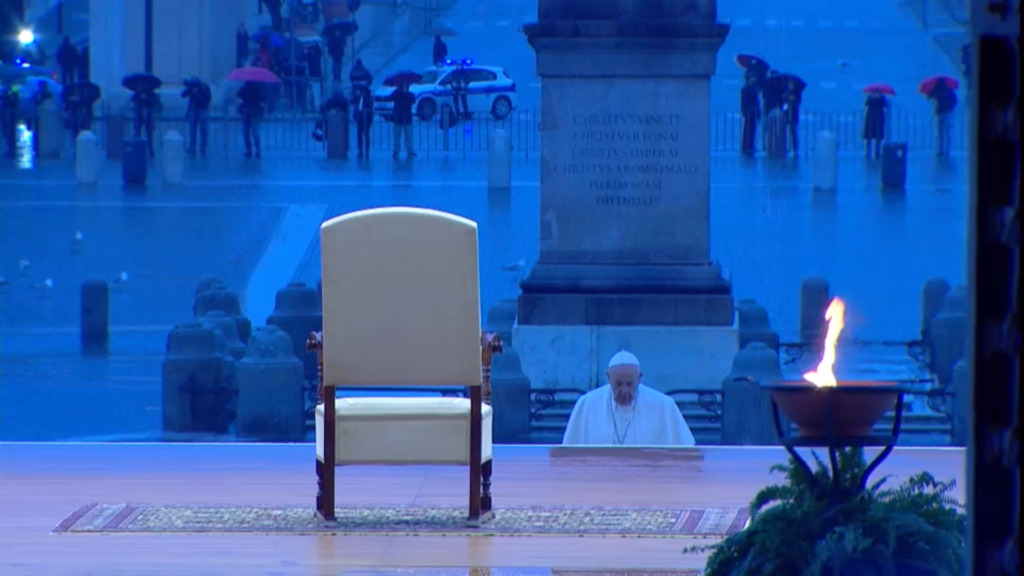
Five Years After Statio Orbis: Hope in the Midst of the Storm
Exaudi Staff
27 March, 2025
2 min
 (EN)
(EN)
 (ES)
(ES)
 (IT)
(IT)

